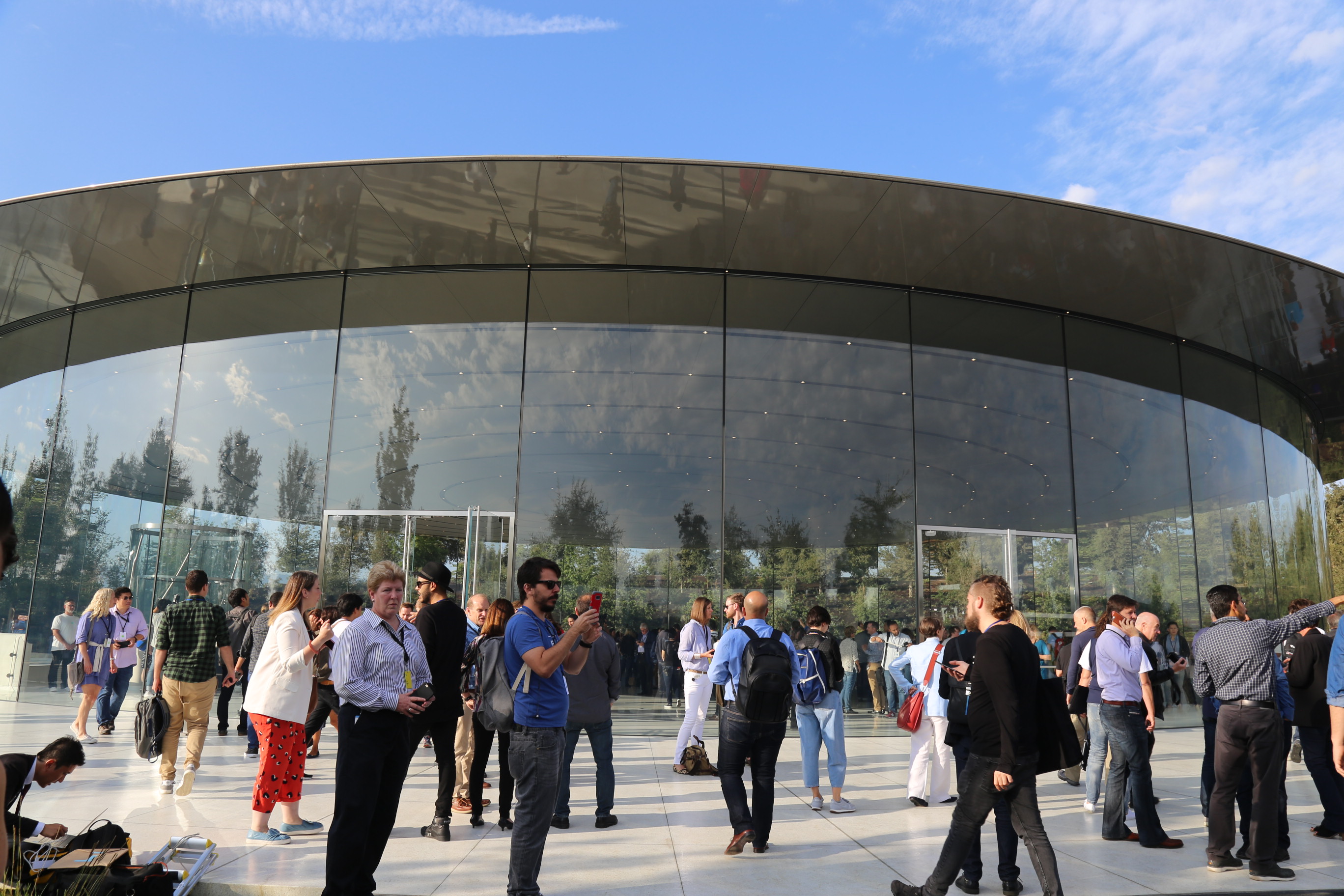 Behold, the Steve Jobs auditorium on Apple's campus in 2017. This is where Apple often hosts its events.Samuel Axon
Behold, the Steve Jobs auditorium on Apple's campus in 2017. This is where Apple often hosts its events.Samuel Axon The surface-level waiting area has a minimalist design with slight accents, like many Apple products and retail spaces.Samuel Axon
The surface-level waiting area has a minimalist design with slight accents, like many Apple products and retail spaces.Samuel Axon You can see the now-famous spaceship campus through the window.Samuel Axon
You can see the now-famous spaceship campus through the window.Samuel Axon The elevator from the surface-level waiting area to the basement-level theater spins as it ascends or descends.Apple
The elevator from the surface-level waiting area to the basement-level theater spins as it ascends or descends.Apple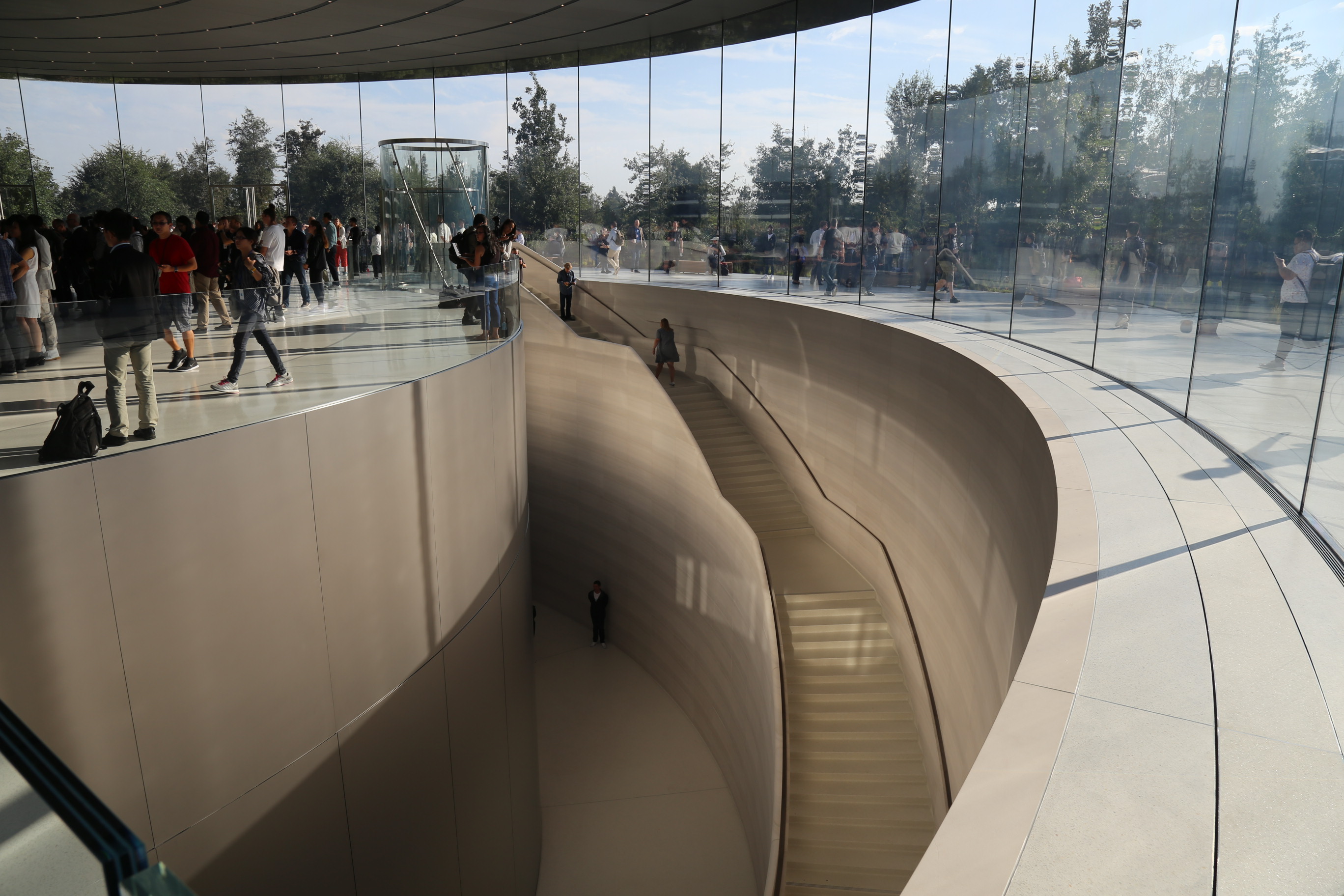 This is a stairwell at the Steve Jobs Theater at Apple's Cupertino campus, where the company now hosts many of its product reveals.Samuel Axon
This is a stairwell at the Steve Jobs Theater at Apple's Cupertino campus, where the company now hosts many of its product reveals.Samuel Axon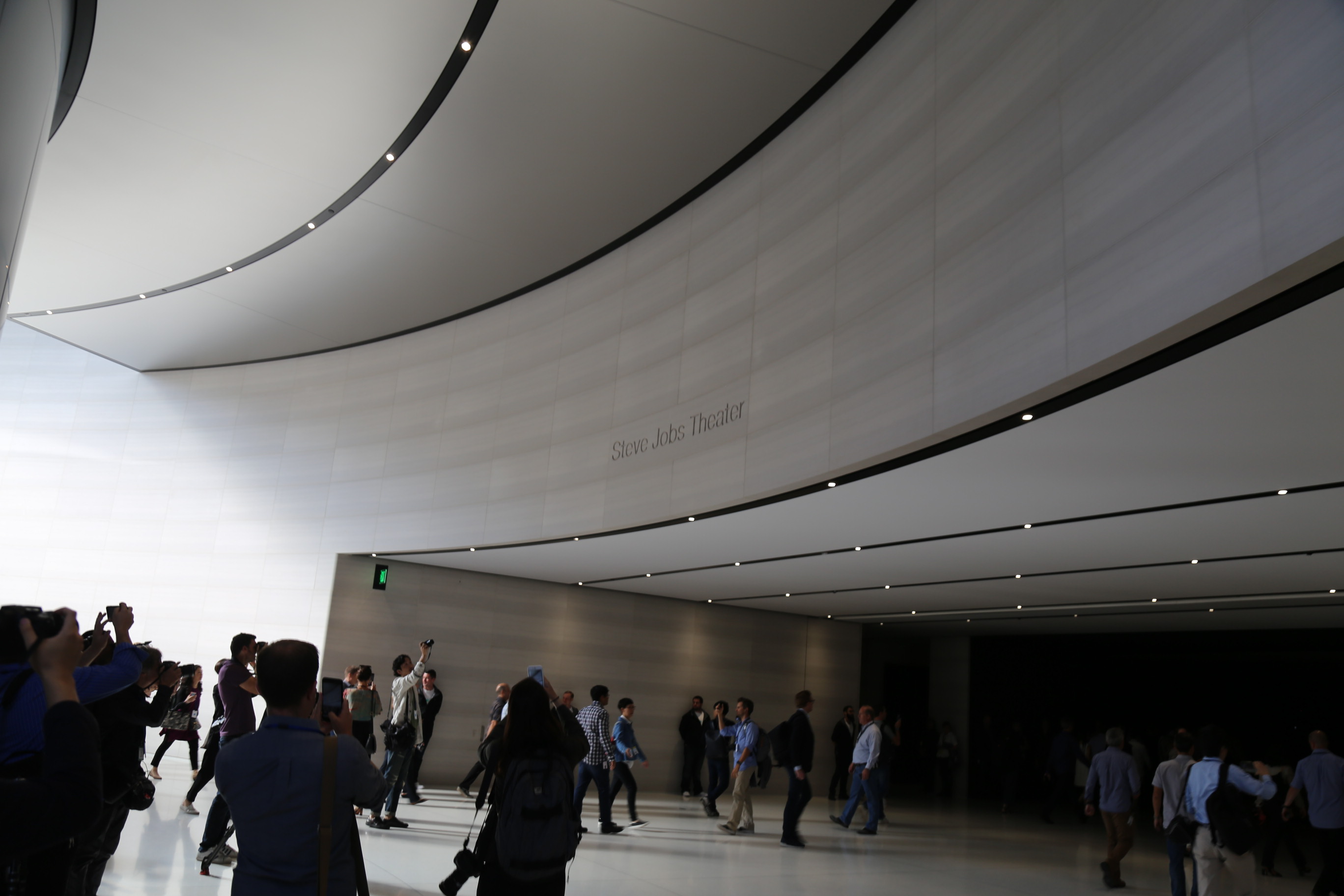 Once you've descended, Steve Jobs' name adorns the theater.Samuel Axon
Once you've descended, Steve Jobs' name adorns the theater.Samuel Axon
Apple kicks off its annual developer conference, WWDC, with a keynote presentation on Monday. As was the case last year, WWDC will be an online-only affair, but don't let that fool you: We think this is going to be an eventful keynote. Expect multiple interesting announcements for users living in or following Apple's ecosystem of hardware, software, and services.
The focus of WWDC is almost always on Apple's software, and rightly so. This is an event primarily meant to engage with developers and encourage them to create new software experiences for Apple's various platforms.For that reason, we should, of course, expect detailed information about the new versions of iOS, iPadOS, macOS, watchOS, and tvOS.
But this event will also mark the halfway point in Apple's two-year roadmap to transition the entire Mac product line away from Intel's CPUs and towards Apple's own, custom-designed silicon. There is good reason to believe this event will focus on the transition—a focus that may potentially include new Mac hardware announcements.
Before the show begins next week, let's review what we know and expect at this moment. Rest assured, we'll also be covering the action as it unfolds within our liveblog on Monday, so stay tuned to Ars to catch the news as it happens.
iOS and iPadOS
New versions of iOS and iPadOS are sure to be a major focus of the WWDC 2021 keynote.
Last year, we knew a whole lot about the new software for iPhones and iPads leading up to WWDC, thanks to numerous leaks. This year? Not nearly so much.
As was the case for a whole mess of leaks last year (and plenty this year, too) what we do know comes from Bloomberg, which cited sources familiar with Apple's plans to claim that iOS 15 will overhaul notifications, allowing users to set different rules about what kinds of notifications to receive (or block) depending on factors like time of day and location.Bloomberg's sources also said there will be new privacy features, like a place where users can go to see a list of apps that are collecting their data. Further, Apple plans to make changes to iMessage to make it "more of a social network," though it's unclear exactly what that means.
Below: The 2021, 12.9-inch iPad Pro with Apple's M1.
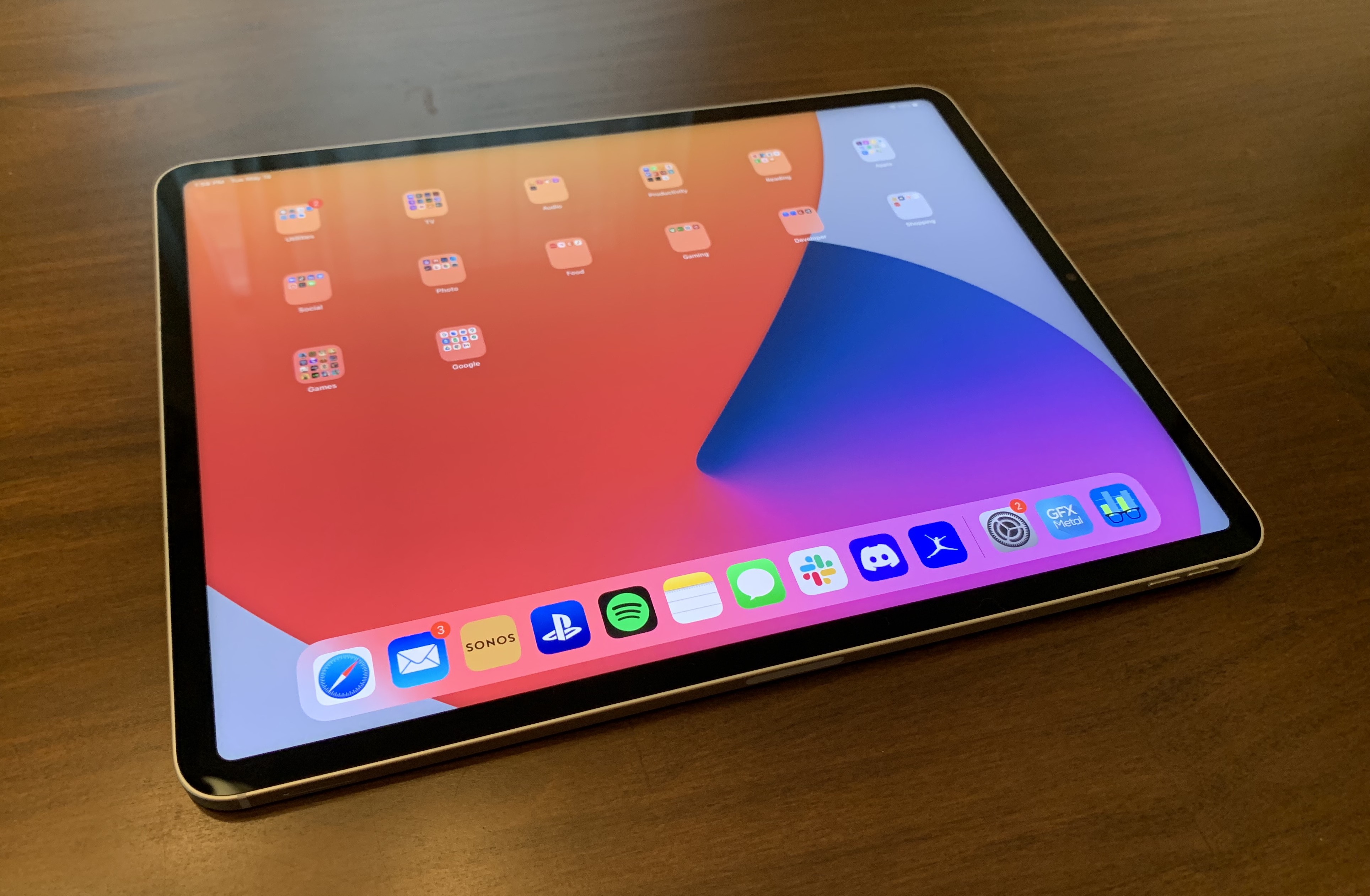 The 2021 12.9-inch iPad Pro.Samuel Axon
The 2021 12.9-inch iPad Pro.Samuel Axon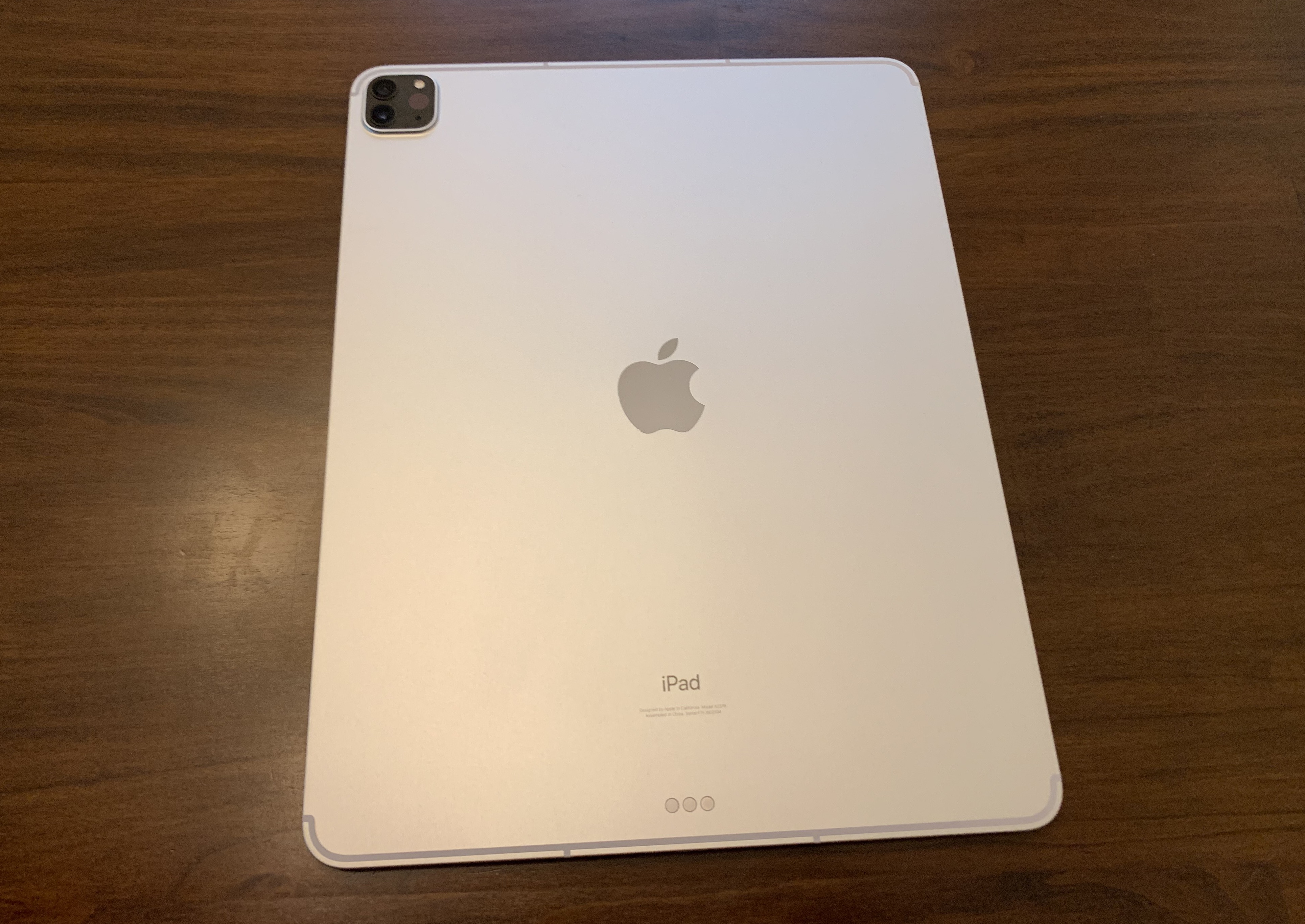 The back of the 12.9-inch iPad Pro.Samuel Axon
The back of the 12.9-inch iPad Pro.Samuel Axon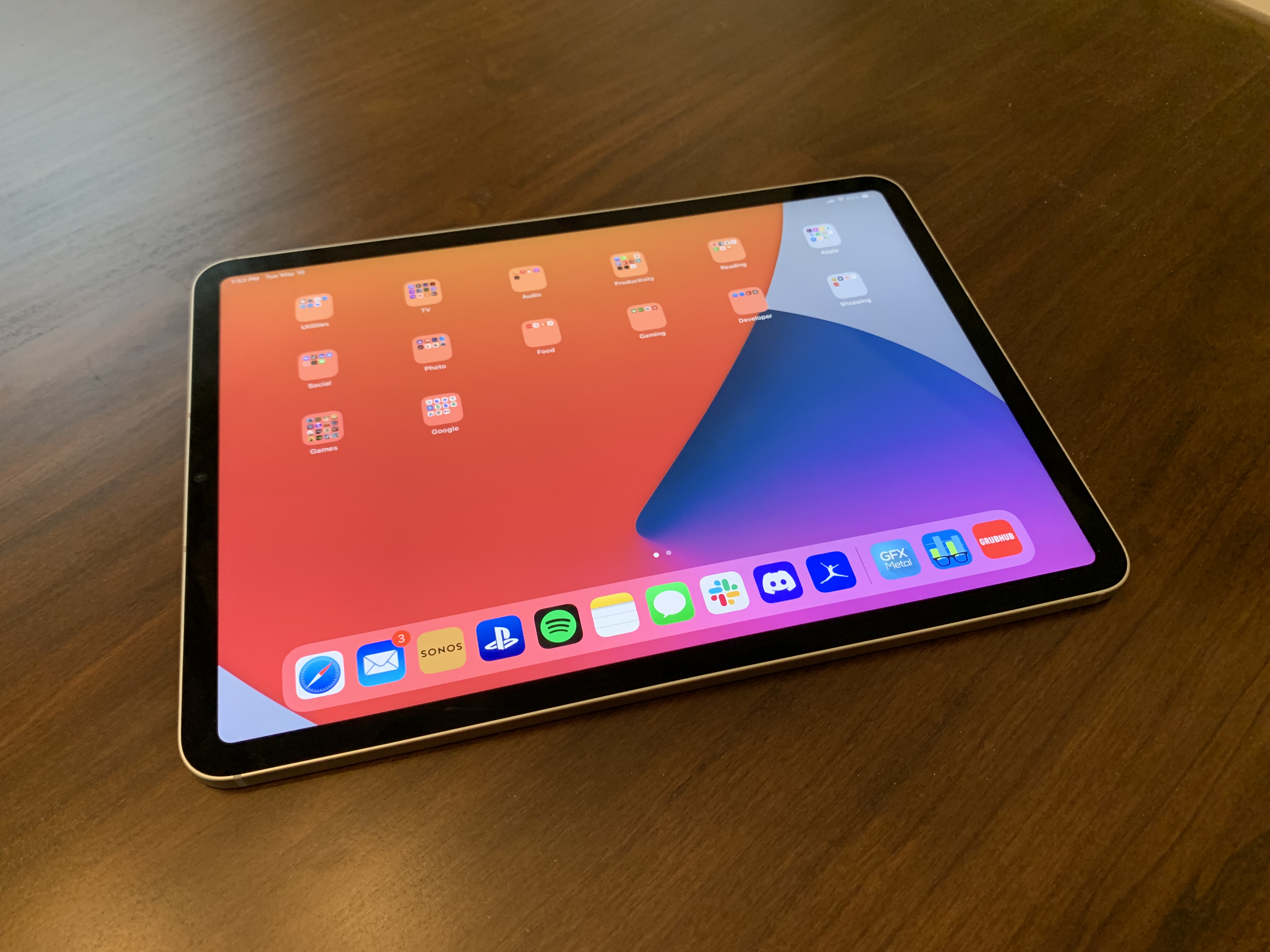 The 2021 11-inch iPad Pro.Samuel Axon
The 2021 11-inch iPad Pro.Samuel Axon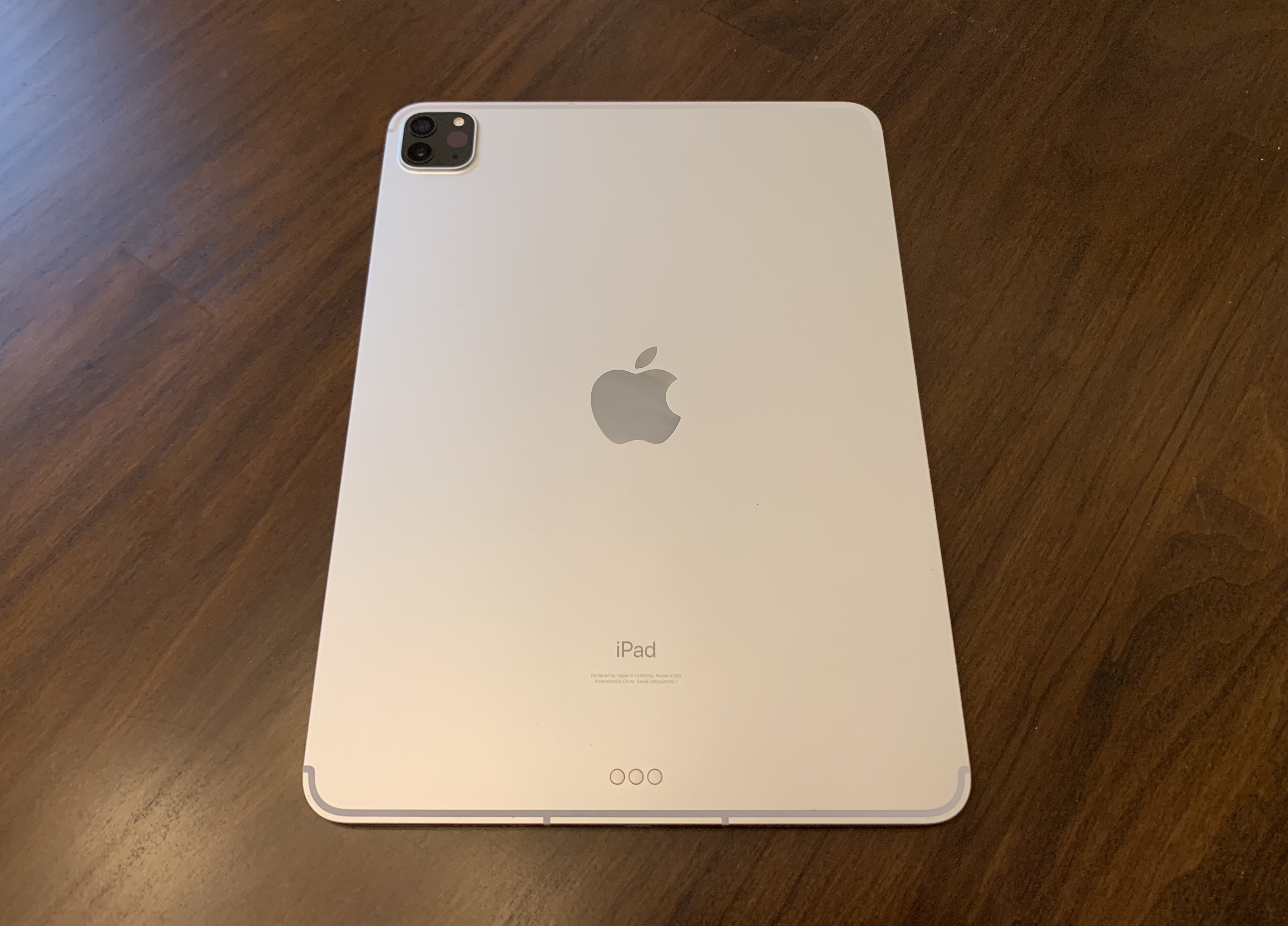 The back of the 11-inch iPad Pro.Samuel Axon
The back of the 11-inch iPad Pro.Samuel Axon
iPadOS is slated to get the same home screen customization features that came to iPhones, but not iPads, late last year, including widgets you can place on any home screen page, and the App Library.
There have been other reports of upcoming features like food tracking in the Health app, but the sources weren't as solid, so we'd suggest approaching those with a grain of salt.
Beyond all that, we don't know much about iOS 15 or iPadOS 15, so expect at least a couple of surprises.
macOS, watchOS, tvOS, and... homeOS?
Apple will also announce new versions of macOS for the Mac, watchOS for the Apple Watch, and tvOS (or something new related to tvOS) for the Apple TV.
We know even less about what to expect from Apple's other operating systems. macOS will likely be called macOS 12, fully leaving behind the "10.x" nomenclature after Apple graduated the platform from macOS 10 to macOS 11 last year with the launch of Big Sur.
Bloomberg's sources in the aforementioned piece called the upcoming changes to macOS "minor," and we haven't seen any reliable reports about what to expect from macOS in any case. More privacy features seem like a safe bet, and this is just speculation, but we wouldn't be surprised to see Apple try to address criticisms that iOS and iPadOS apps running under macOS aren't very nice to use. But truth be told, the next version of macOS remains a mystery.
The same goes for watchOS. Apple has been adding health-related features with gusto over the past few years, so more of those seem a safe bet, but there haven't been many reports.
Perhaps the most interesting leak of late was the apparently accidental inclusion of the term "homeOS" in an Apple job listing. The term appeared to be replaced by "HomePod" and "tvOS" in the two places where it appeared, suggesting that Apple may plan to merge the unnamed HomePod software (which is already a variant of tvOS) and the TV streaming box's software to create a unified smart home operating system.That said, we don't know anything for sure on that front, so we'll have to wait and see on Monday.
A new chip: M2 or M1X
When Apple introduced the M1 chip late last year—its first custom-designed SoC for Macs—hordes of tech enthusiasts were confused. On one hand, we saw an outstanding ratio of performance to power efficiency, beating just about everything else in the industry. That attracted enthusiasts and professionals seeking the fastest performance to the new Macs.
But at the same time, it became clear that the M1 was just an opening salvo. The M1 was not actually designed with products for professionals or enthusiasts in mind. Instead, it appeared in the very lowest-end Macs available. These devices included the MacBook Air, the barebones entry-level configurations for the 13-inch MacBook Pro and Mac mini, and just recently, the 24-inch iMac.Limitations abounded. Think few ports, a 16GB cap on RAM, or a low number of external displays. Some enthusiasts and pros took the plunge anyway, but if the reports we've seen to date are to be believed, those enthusiasts would have been better off waiting for what comes next.
Below: Benchmarks of the M1 chip from our Mac mini review last year.
Apple is working on a successor to the M1 meant for the Macs that professionals and enthusiasts tend to buy: the higher-end configurations of both MacBook Pro sizes and the Mac mini, or some successor to the 27-inch iMac and iMac Pro.
Most sources say this chip will be called M2, even as some onlookers feel that Apple's historic naming scheme for chips suggests it will instead be called M1X. WWDC is usually about the software, but if the M2 or M1X chip is announced next week, you can be sure that will be the biggest story coming out of WWDC.
Whatever it's called, another report from—you guessed it—Bloomberg recently detailed what to expect from the new silicon.
The new chip is said to bump the maximum amount of RAM supported from the M1's 16GB to 64GB. The chip will also allow the computers to have more ports than we saw in the M1 Macs. The sources say that Apple will introduce two chip variants for the MacBook Pro. These chips' CPUs will include eight high-performance cores and two efficiency cores. The GPU in one variant will have 16 cores, while the GPU in the other will have 32.
Apple may announce this new chip at WWDC, even if (as was the case last year) new Mac hardware announcements come a few weeks or months later. That said, new Mac hardware is a possibility.
New Macs, and maybe a monitor
Apple has yet to update the following Macs with its custom-designed silicon:
- 16-inch MacBook Pro
- 27-inch iMac
- Mac Pro
- High-end configs of the 13-inch MacBook Pro
- High-end configs of the Mac mini
Every reliable report has said that the Mac Pro is coming in 2022, so we don't expect to see that at WWDC. It would surely use a different chip than the one destined for the other machines anyway.
But the 16-inch MacBook Pro, 27-inch iMac, and high-end specs of the 13-inch MacBook Pro and Mac mini could all be served by the new chip Apple plans to launch. Chances are that they will all have the M2 or M1X chip, albeit with variants that diverge in terms of number of GPU cores or other details.Apple is said to be working on a redesign of the MacBook Pro chassis that would look similar to the current laptop in many ways, but with flat edges instead of the curved edges seen today. Further, the laptop would drop the Touch Bar in favor of physical function keys, and would expand the port selection.
The current 16-inch MacBook Pro has four Thunderbolt/USB-C ports. The new one is said to have three, plus a MagSafe power adapter port, an HDMI port, and a microSD card slot. There have also been supply chain rumblings that Apple plans to introduce the Mini LED display technology seen in the Pro Display XDR monitor and the newest 12.9-inch iPad Pro to the MacBook Pro line. Mini LED offers significantly better contrast than traditional LED.
The Mac mini might get a chassis redesign, but we could also see it simply getting the additional speed, ports, and features afforded by the M2 or M1X chip.
And as for the 27-inch iMac, Bloomberg and other sources have claimed that Apple plans to replace that device with a new, 30-inch iMac that will share some design qualities with the recently launched 24-inch iMac. We don't know what will be shared though. The 30-inch iMac, for example, might not come in the same bright colors as the lower-end machine. In any case, it's likely to have the same chip in it as the 16-inch MacBook Pro, or at least some close relative thereof.
While the MacBook Pro refresh seems likely to come in the near future—either during WWDC or not long after it—Bloomberg's sources said that the 30-inch iMac may have been postponed somewhat in order to get the 24-inch model out the door on time, so we might not see the desktop just yet.
The last piece of the Mac puzzle is a potential new consumer desktop monitor. Apple introduced the Pro Display XDR for a certain kind of professional user, but the $5,000 price tag precluded mass adoption. Reports from several sources in the supply chain have repeatedly said that Apple is amping up production of Mini LED displays with partners, and we would not be surprised to see the company introduce a cheaper alternative to the Pro Display XDR that offers some of the same advantages.
As for whether that comes during WWDC or not? Your guess is as good as ours.
Listing image by Samuel Axon
https://ift.tt/3uKn3Bb
Technology
Bagikan Berita Ini
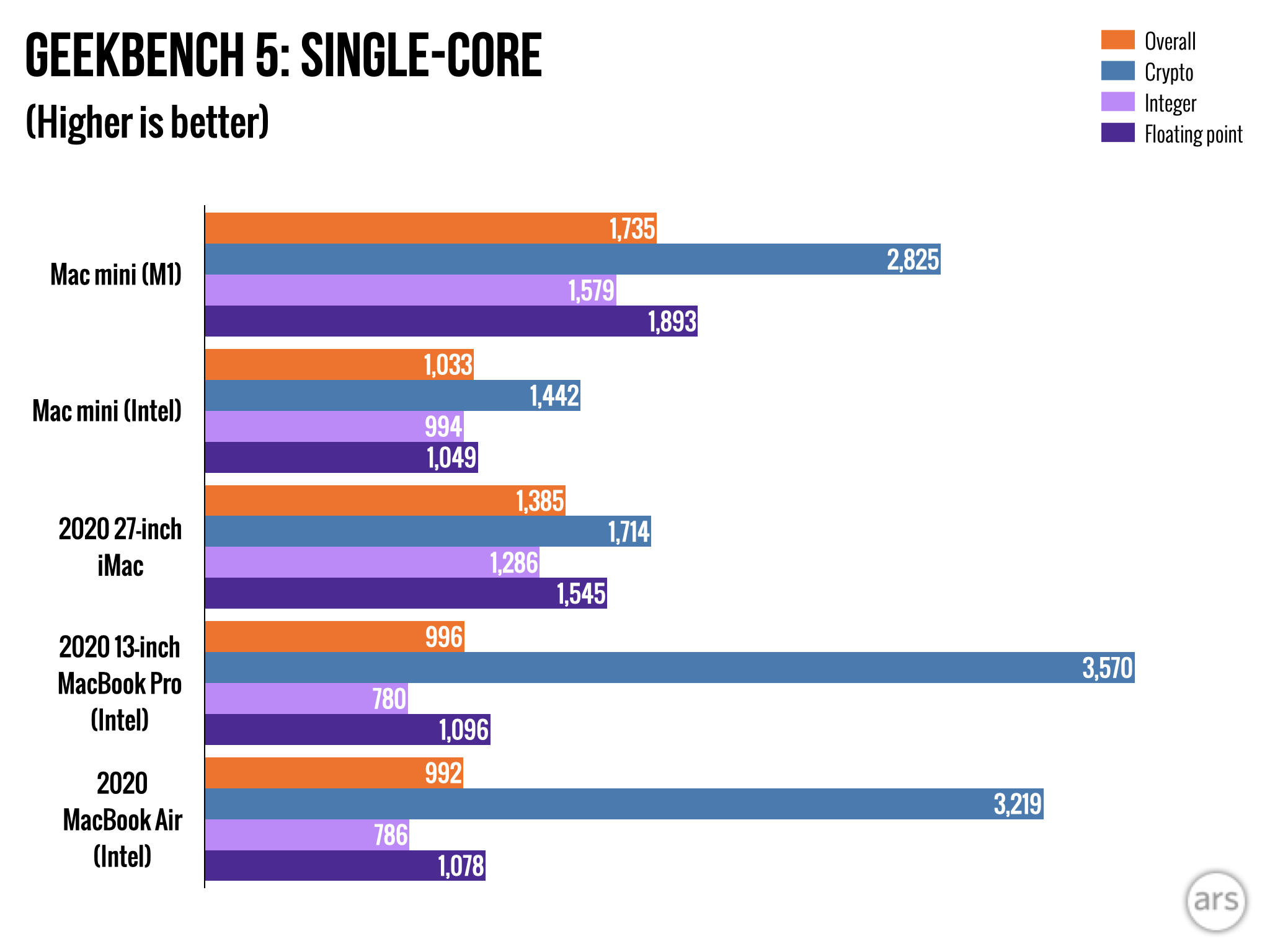
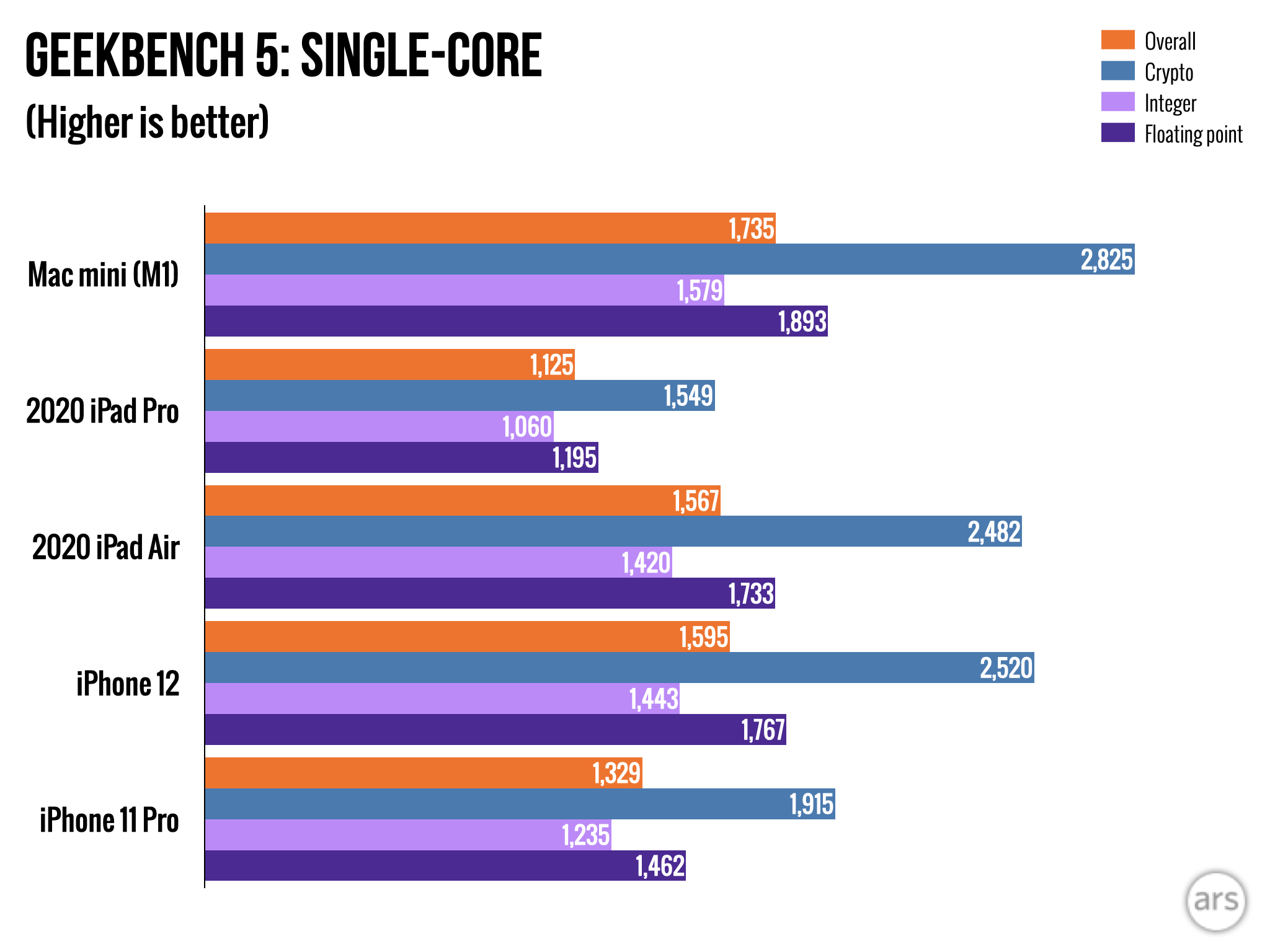
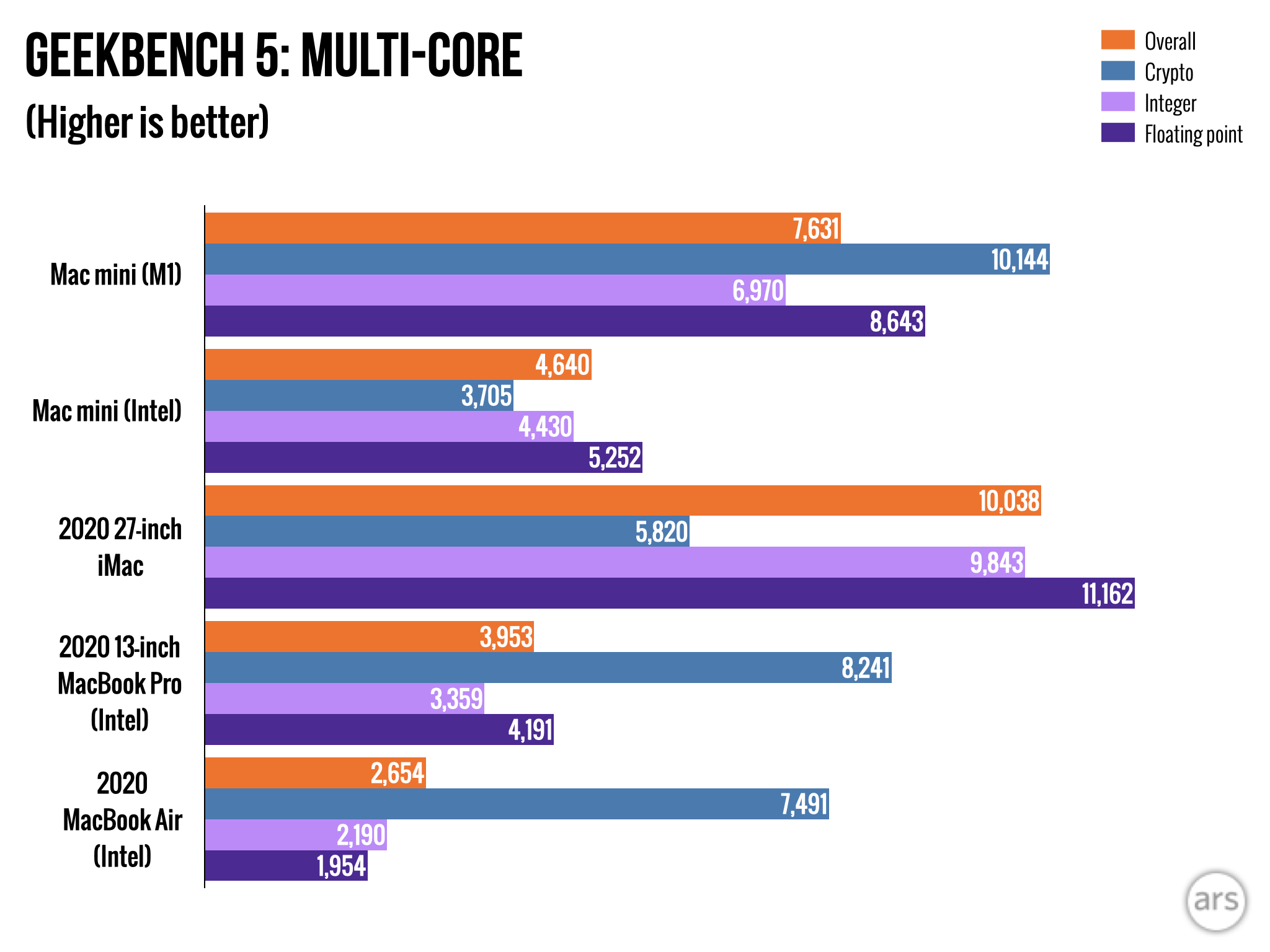
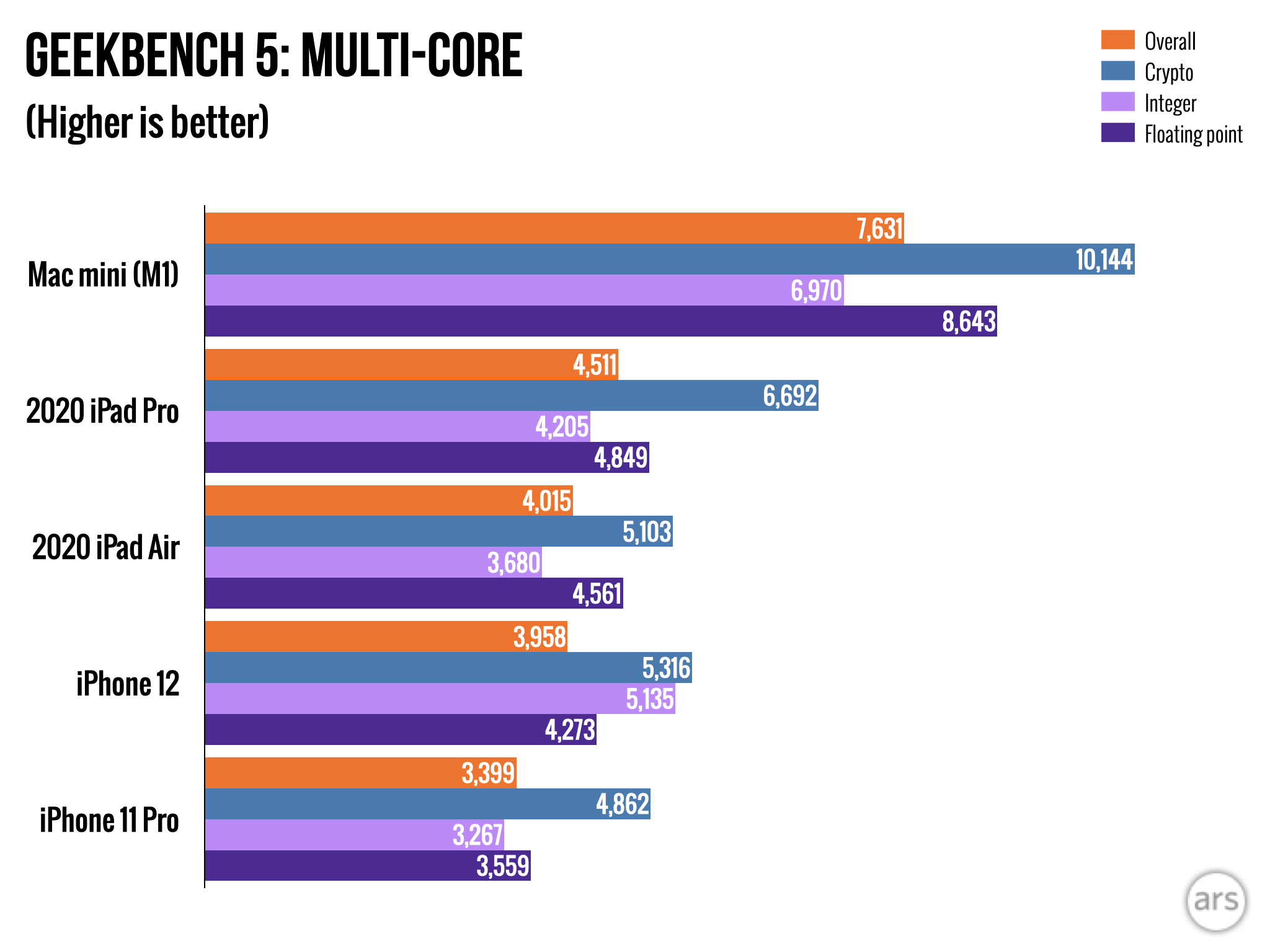
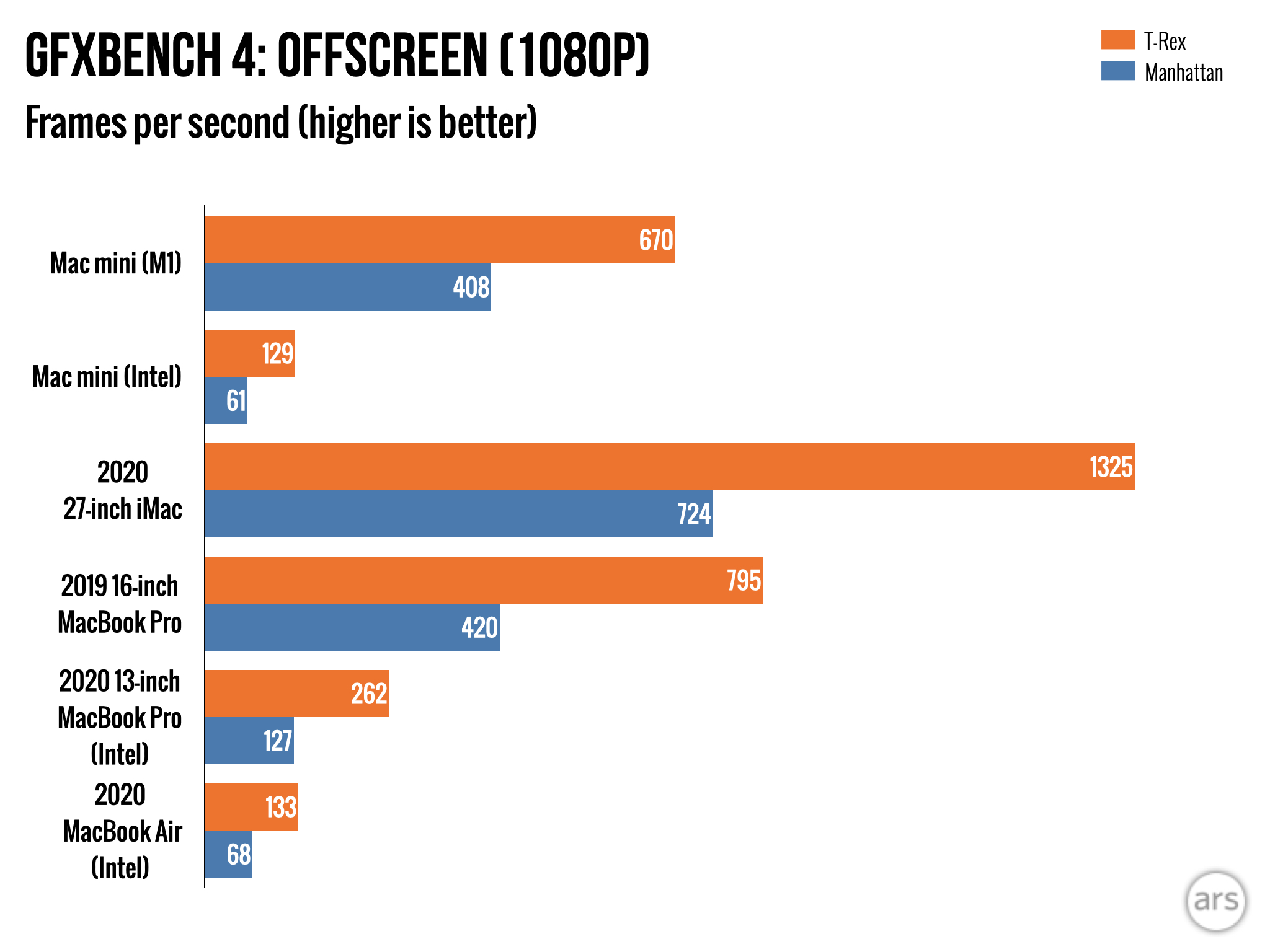
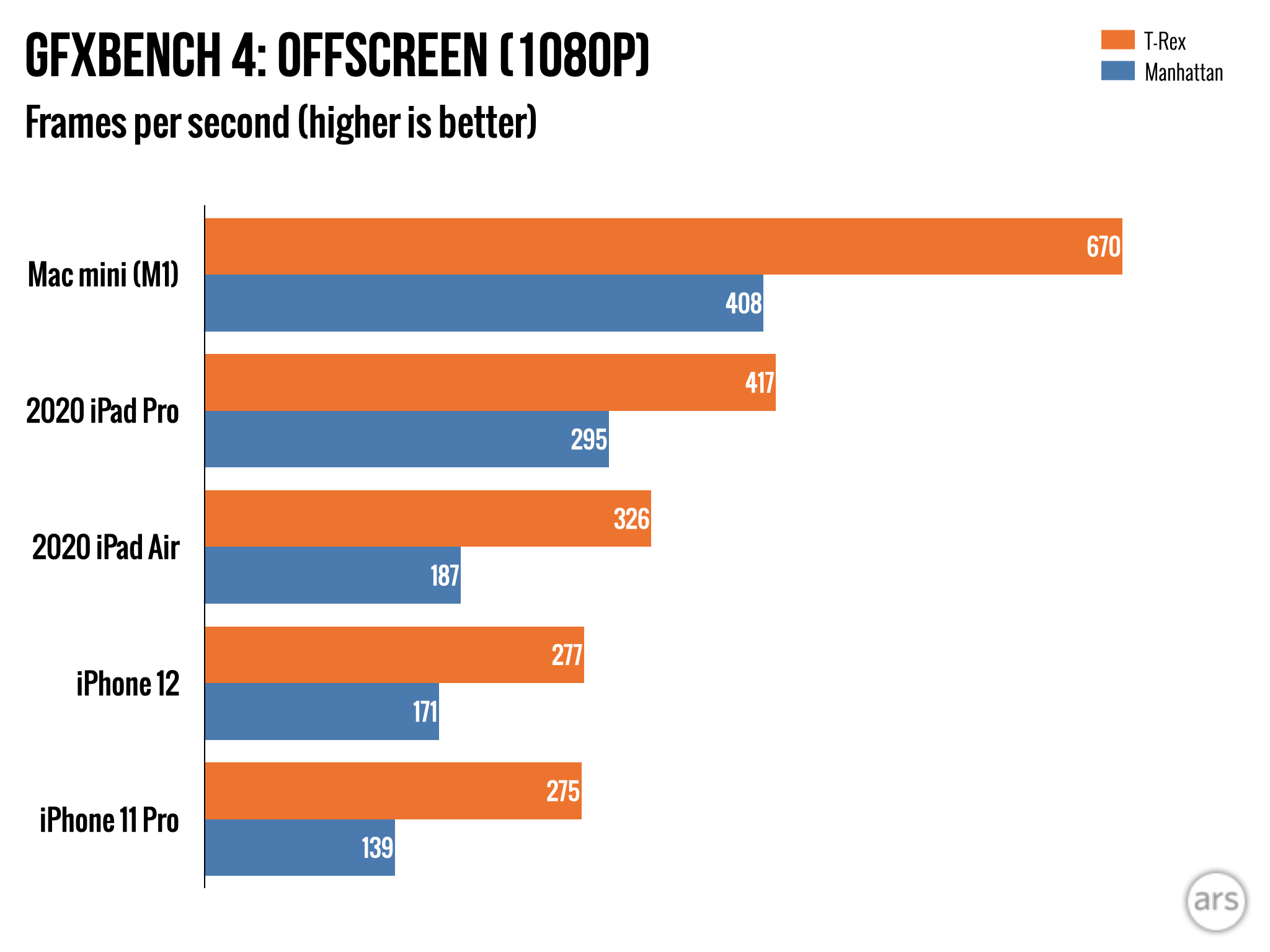
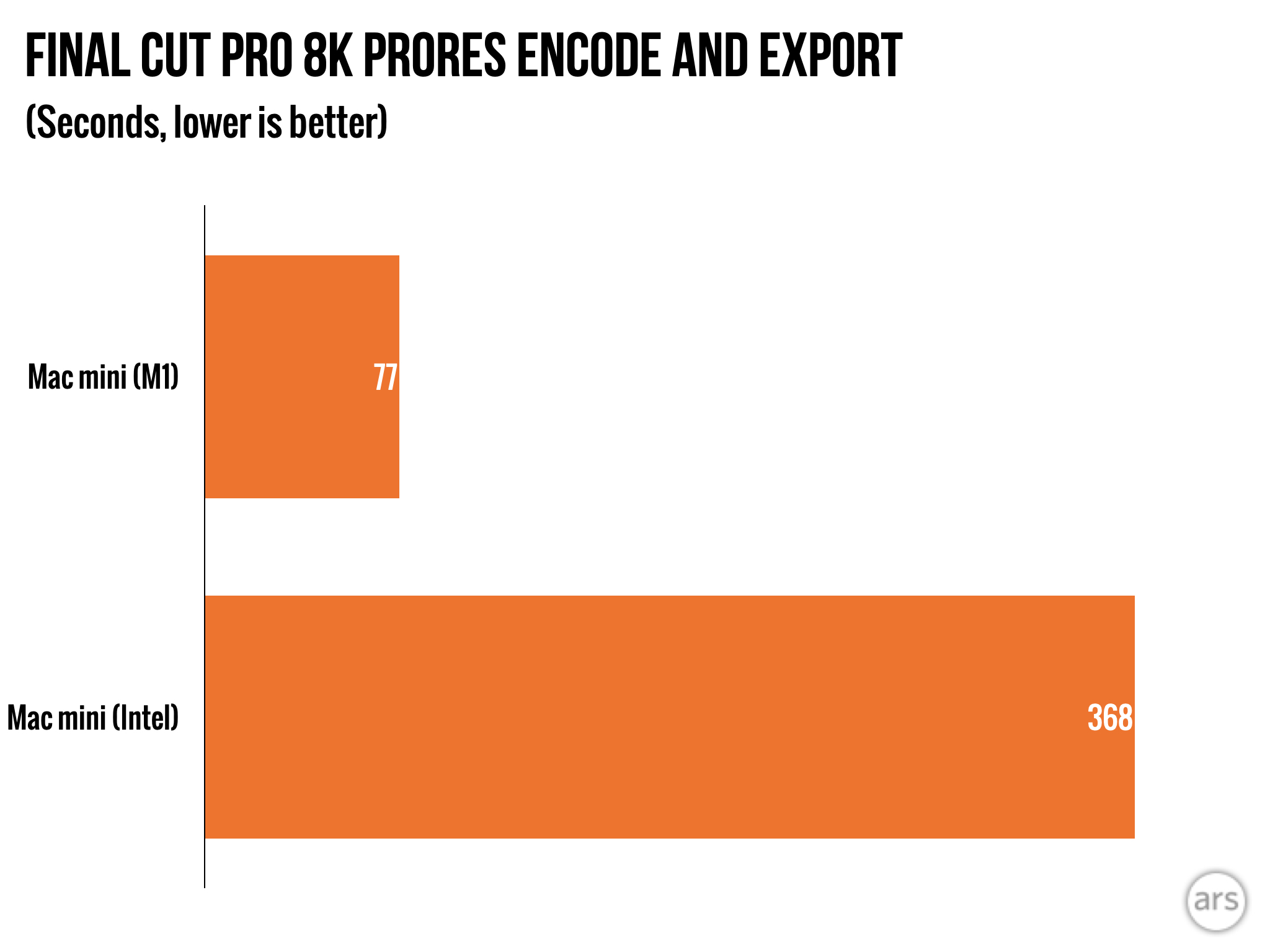
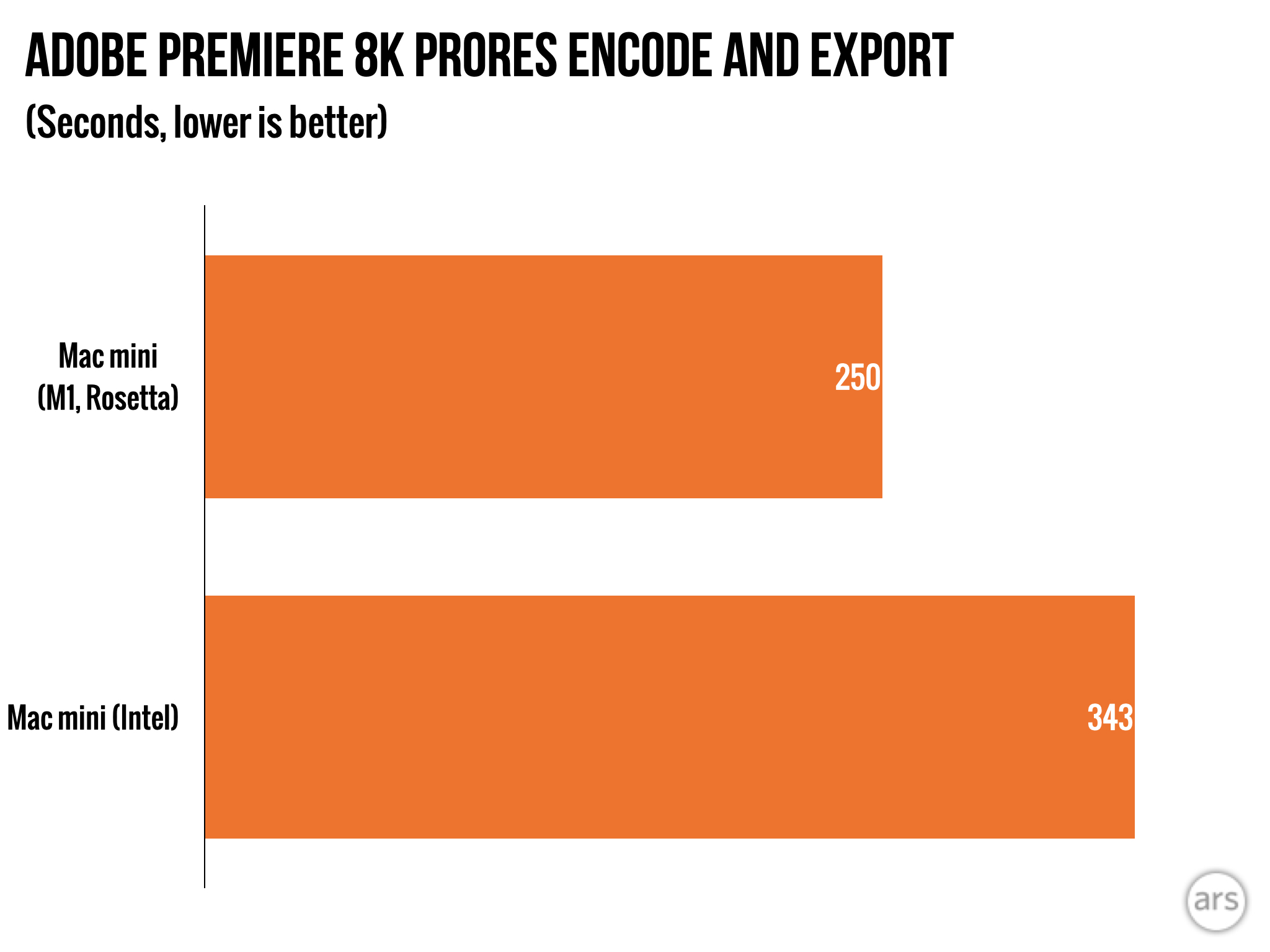
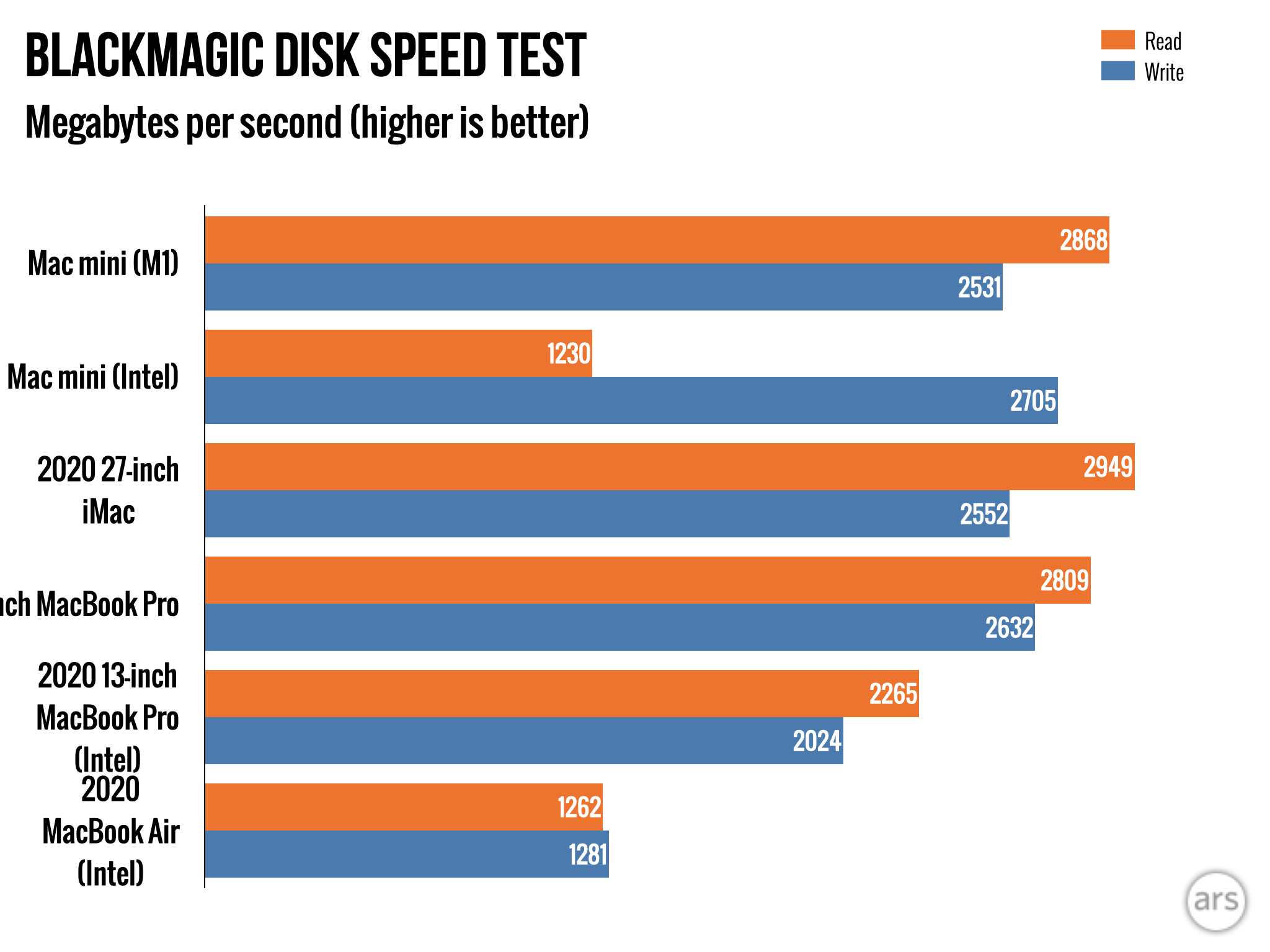
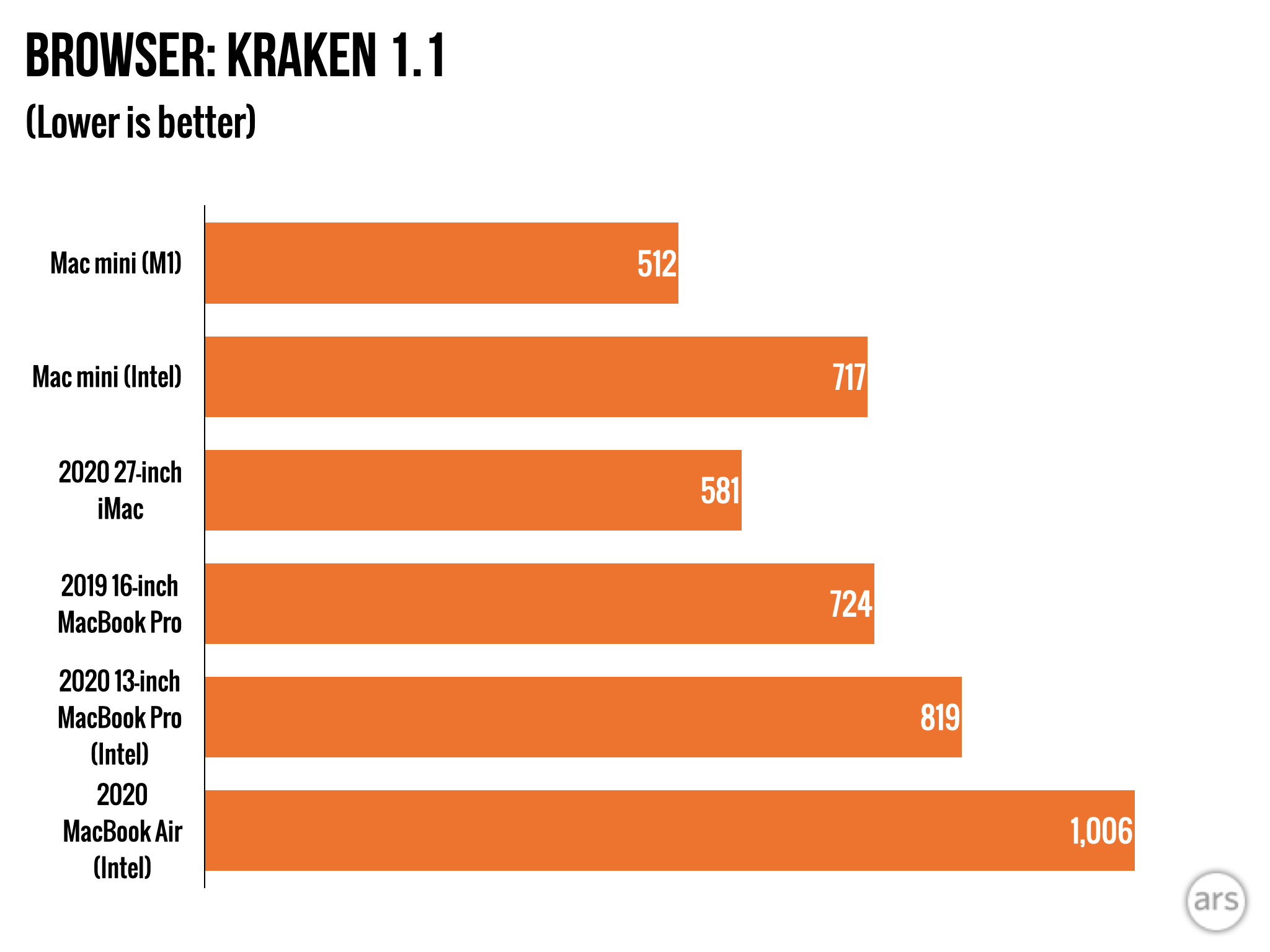
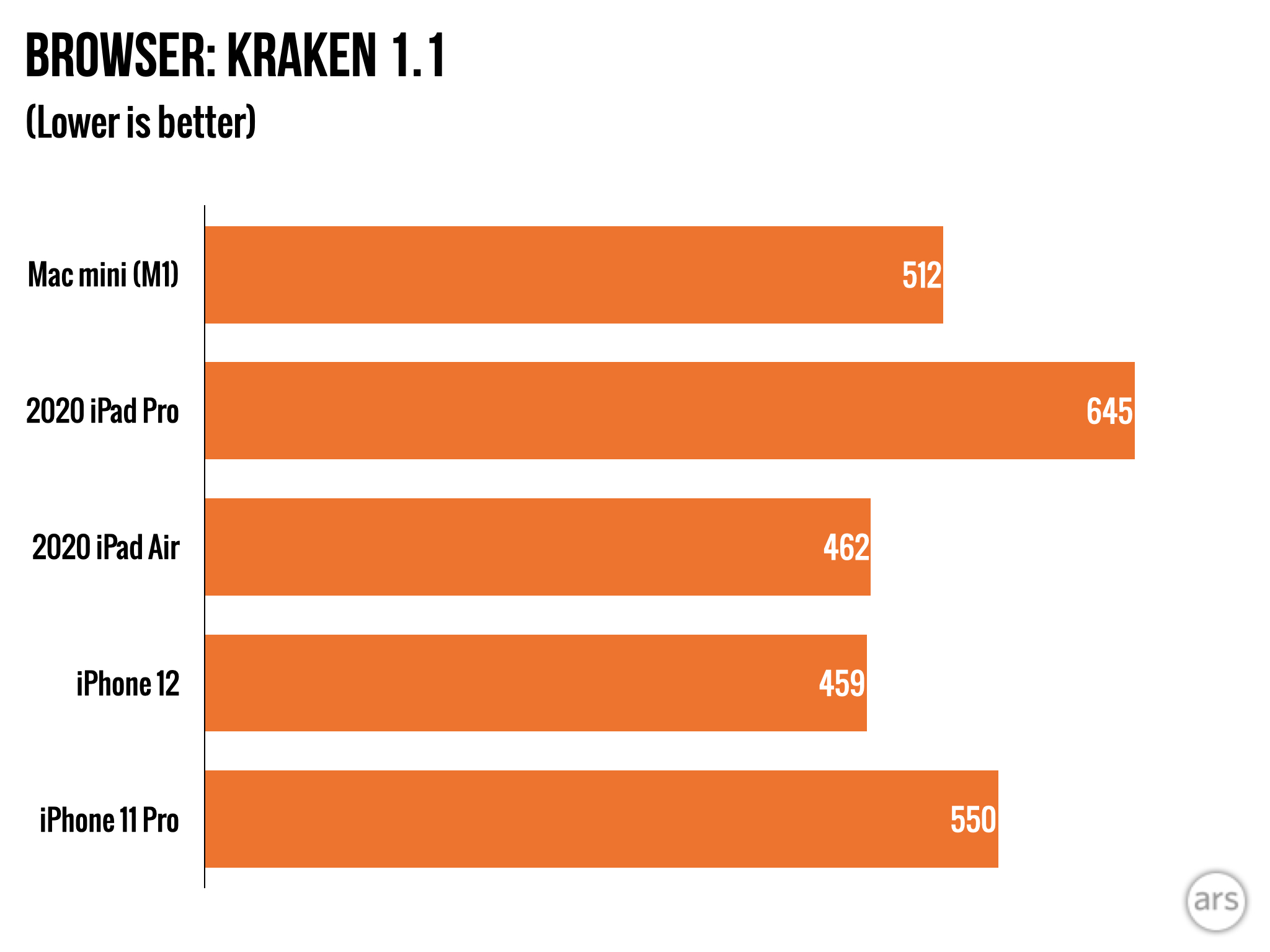
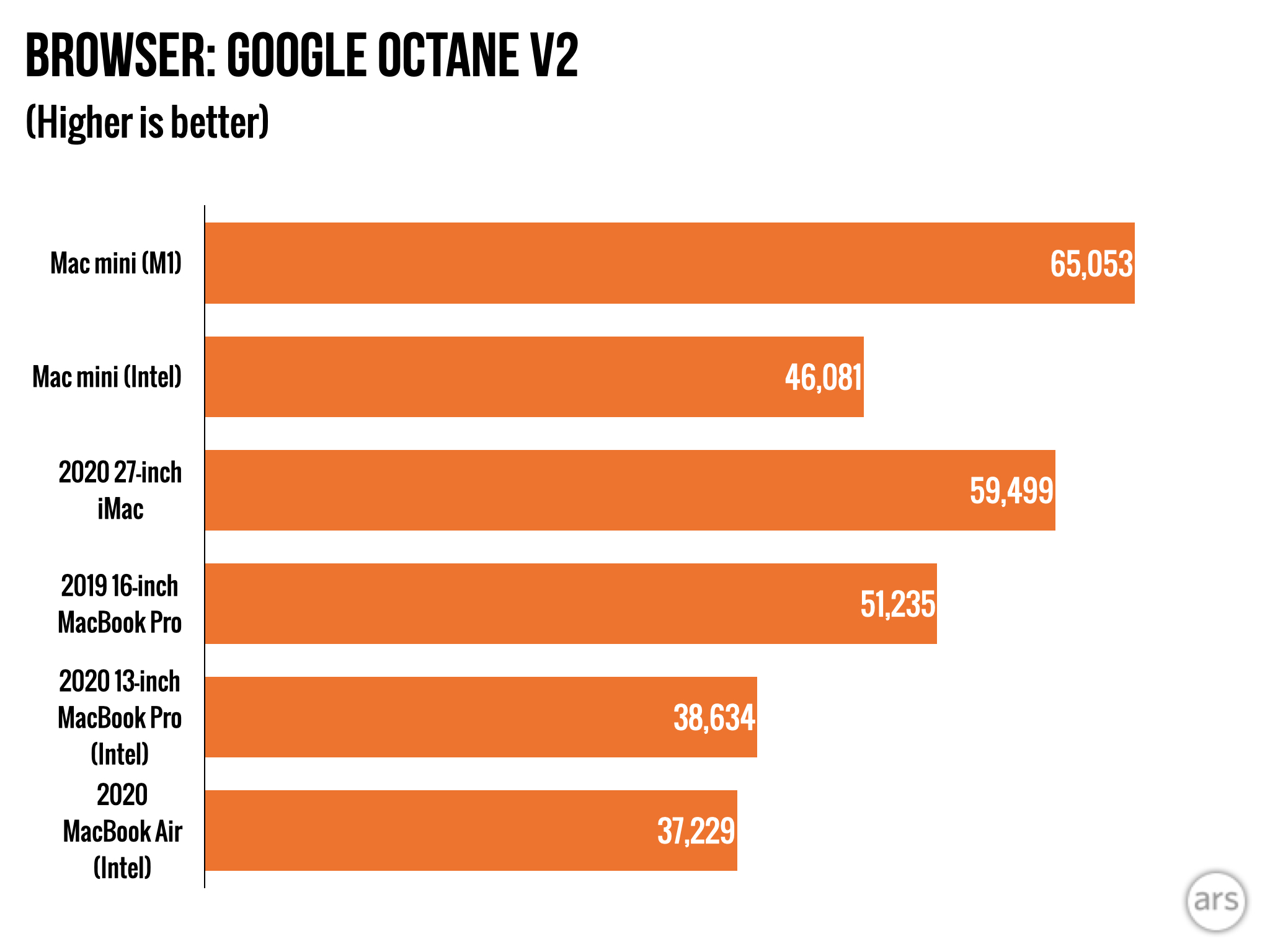
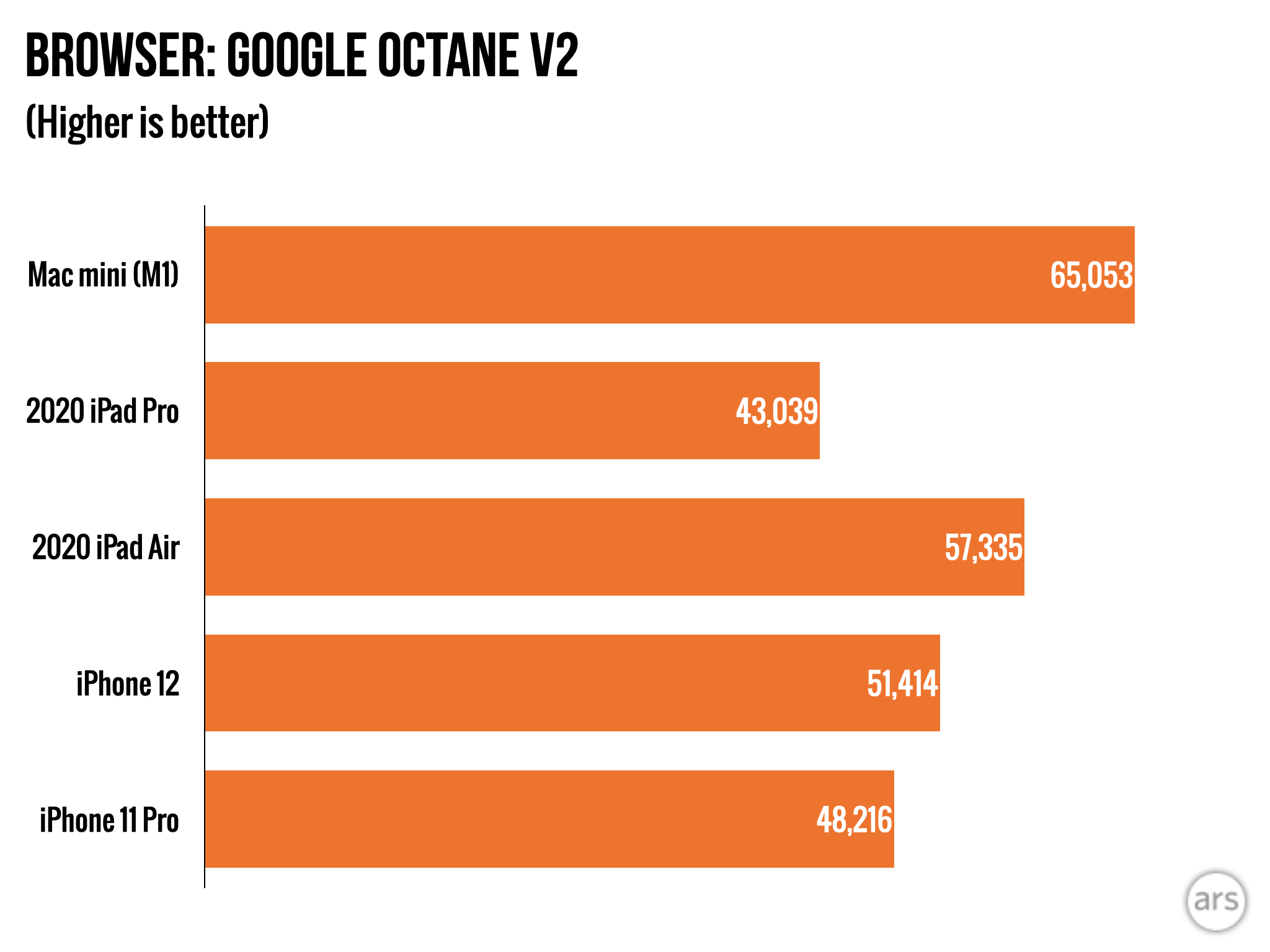














0 Response to "What to expect from WWDC 2021: iOS 15, M2, and more - Ars Technica"
Post a Comment